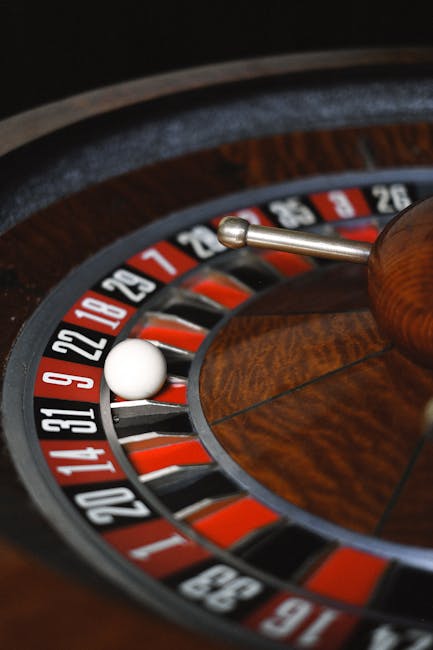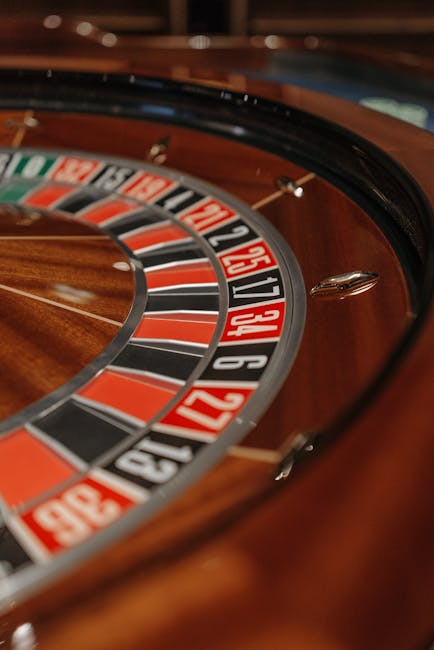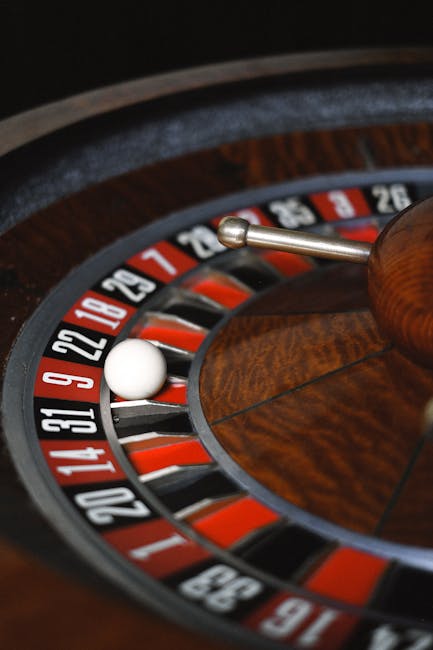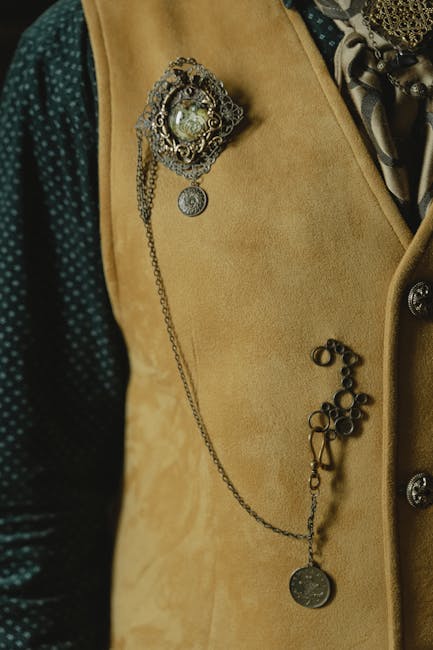Wheel of Fortune: A Comprehensive Guide to the Beloved Game Show
The Enduring Legacy of Wheel of Fortune
For decades, Wheel of Fortune has held a captivating place in American television history, captivating audiences with its simple yet thrilling premise. This iconic game show, hosted by the ever-charming Pat Sajak and the equally charismatic Vanna White, has become a cultural phenomenon, woven into the fabric of our collective entertainment experience. Beyond its primetime success, its enduring appeal lies in its accessibility, its strategic gameplay, and its ability to connect with viewers on a deeply personal level. This comprehensive guide delves into the history, mechanics, and cultural impact of Wheel of Fortune, exploring what makes it such a timeless classic.
A Brief History: From the Beginning to Present Day
Wheel of Fortune‘s journey began in 1975, originally airing as a daytime show hosted by Chuck Woolery. This initial version, while successful, laid the groundwork for the show’s later, even more significant rise to fame. The shift to syndication in 1983, coupled with Pat Sajak and Vanna White’s charismatic on-screen chemistry, marked a turning point. Their combined presence transformed Wheel of Fortune into the household name it is today, a testament to their enduring appeal and professional prowess.
Over the years, the show has undergone minor adjustments and refinements, primarily in terms of set design and puzzle categories, but the core gameplay has remained largely consistent. This consistency contributes to its recognizable format and widespread appeal. The show’s longevity is a testament to its adaptability, its ability to remain relevant despite evolving television landscapes and audience preferences.

Understanding the Gameplay: Puzzles, Letters, and Strategy
The beauty of Wheel of Fortune lies in its deceptively simple gameplay. Contestants spin a large wheel, with each wedge offering varying monetary values or penalties. Correctly guessing consonants earns the contestant the value of the wedge multiplied by the number of times that consonant appears in the puzzle. Vowels, however, must be purchased by the contestant. This strategic element of managing finances and guessing carefully is what separates the successful players from the rest.
Puzzle Categories and Types
The puzzles themselves range across a variety of categories, ensuring diverse appeal and challenging even the most seasoned players. From common phrases to proper nouns, from locations to famous quotations, the show maintains a diverse puzzle pool. The types of puzzles include:
- Phrase Puzzles: These are the most common type, usually containing everyday sayings or idioms.
- Proper Noun Puzzles: These puzzles involve names of people, places, or things.
- Before & After Puzzles: These combine two related phrases, creating a witty and often challenging puzzle.
- What are you? Puzzles: This category involves guessing the identity of something based on clues.
Strategic Considerations for Winning
Success on Wheel of Fortune requires more than just luck. Experienced players often employ various strategies, including:
- Consonant Selection: Choosing common consonants like R, S, T, L, N, and E is a common starting strategy.
- Vowel Management: Buying vowels strategically is crucial, avoiding unnecessary spending.
- Puzzle Analysis: Identifying potential word structures and recognizing patterns within the revealed letters is key.
- Risk Assessment: Knowing when to spin for higher values and when to play conservatively is a learned skill.
- Bonus Round Strategies: Mastering the bonus round, where players guess a phrase with the help of some pre-revealed letters, is crucial for substantial winnings.
The Cultural Impact of Wheel of Fortune
Beyond its entertainment value, Wheel of Fortune has undeniably become a cultural touchstone. It’s a show that transcends generations, uniting families around the television screen each evening. Its recognizable theme music, its instantly identifiable wheel, and the friendly demeanor of its hosts have all contributed to its lasting cultural legacy.
Many memorable moments and iconic phrases have emerged from the show, becoming ingrained in popular culture. The anticipation of the letter reveals, the tense moments of near-misses, and the thrill of solving a challenging puzzle have all added to the show’s enduring charm. The show’s impact extends beyond mere entertainment; it’s become a symbol of lighthearted competition and shared experience.

The Hosts: Pat Sajak and Vanna White
No discussion of Wheel of Fortune is complete without acknowledging the significant contributions of Pat Sajak and Vanna White. Their long-standing partnership, spanning decades, has become synonymous with the show itself. Their on-screen chemistry, their effortless professionalism, and their genuine enthusiasm have all helped to solidify the show’s position as a television institution.
Pat Sajak’s quick wit, his ability to ad-lib smoothly, and his calm demeanor during even the most high-pressure moments have made him an unforgettable television personality. Vanna White, meanwhile, has become an icon, her elegance and grace synonymous with the show’s presentation. Their combined contributions have been instrumental in shaping Wheel of Fortune into the cultural phenomenon it is today.

The Future of Wheel of Fortune
As Wheel of Fortune continues to air, its future remains uncertain yet promising. The show’s proven ability to adapt to changing television trends suggests that it will likely continue to evolve, perhaps incorporating new technological advancements or innovative gameplay elements. However, the core aspects that have defined its success—the engaging format, the charismatic hosts, and the enduring appeal of simple yet challenging puzzles—are unlikely to change significantly.
The show’s continued popularity indicates that its straightforward entertainment formula remains highly effective. While the television landscape is constantly evolving, the timeless appeal of Wheel of Fortune suggests that it will likely maintain its relevance for years to come, solidifying its place as a true television legend.
Conclusion: A Legacy of Entertainment
In conclusion, Wheel of Fortune is more than just a game show; it’s a cultural phenomenon, a testament to the power of simple, well-executed entertainment. Its enduring popularity is a reflection of its consistent quality, the charisma of its hosts, and its ability to connect with audiences on a deeply personal level. As it continues its remarkable run, Wheel of Fortune promises to remain a fixture in the world of television, captivating viewers for generations to come.







